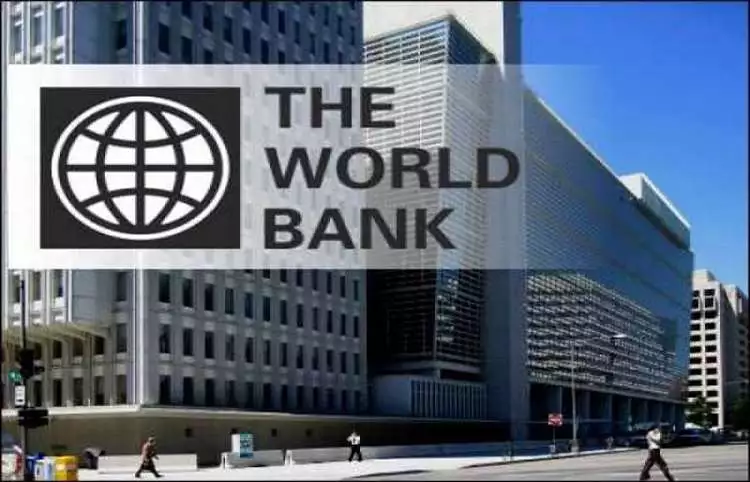Energy importing developing countries are urged by the World bank to do away with subsidies on petroleum products and channel the scarce funds to Health and education
In the current Nigerian budget, Health and education have been allocated fewer funds than was done by previous regimes. N51.1 billion was allocated for basic education in a country of an estimated 43 million school-age children, which is equivalent to N1,186 per child for the whole year. Furthermore, N25.5 billion was allocated to healthcare, amounting to N125 per citizen to take care of his health for the whole year 2020.
In a report published on Wednesday, titled, “Adding Fuel to the Fire: Cheap Oil during the Pandemic”, the Brenton woods body said that emerging countries will be hard hit by the impact of COVID 19. Already Nigeria is bracing for a recession.
“The emerging and developing countries with weak health systems; those that rely heavily on global trade, tourism, or remittances from abroad, and those that depend on commodities exports would be particularly hard-hit”, the report said.
According to the report, lower investments; erosion of physical and human capital due to the closure of businesses and schools and loss of jobs, and a retreat from global trade and supply linkages are the inevitable impacts of the disease.
“Pre-existing vulnerabilities, fading demographic dividends, and structural bottlenecks will amplify the long-term damage of deep recessions associated with the pandemic,” the report said.
“The outbreak of COVID-19 and the wide-ranging measures needed to slow its advancement have precipitated an unprecedented collapse in crude oil demand, a surge in oil inventories, and, in March, the steepest one-month decline in oil prices on record.
“In the context of the current restrictions on a broad swath of economic activity, low crude oil prices are unlikely to do much to buffer the effects of the pandemic, but they may provide some initial support for recovery once these restrictions begin to be lifted.
“Like other countries, energy-exporting emerging market and developing economies (EMDEs) face an unprecedented public health crisis, but their fiscal positions were already strained even before the recent collapse in oil revenues.
“To help retain access to market-based financing for fiscal support programs, these EMDEs will need to make credible commitments to a sustainable medium-term fiscal position. For some of them, current low crude oil prices provide an opportunity to implement energy-pricing policies that yield efficiency and financial gains over the medium term.”
Discover more from The Source
Subscribe to get the latest posts sent to your email.








